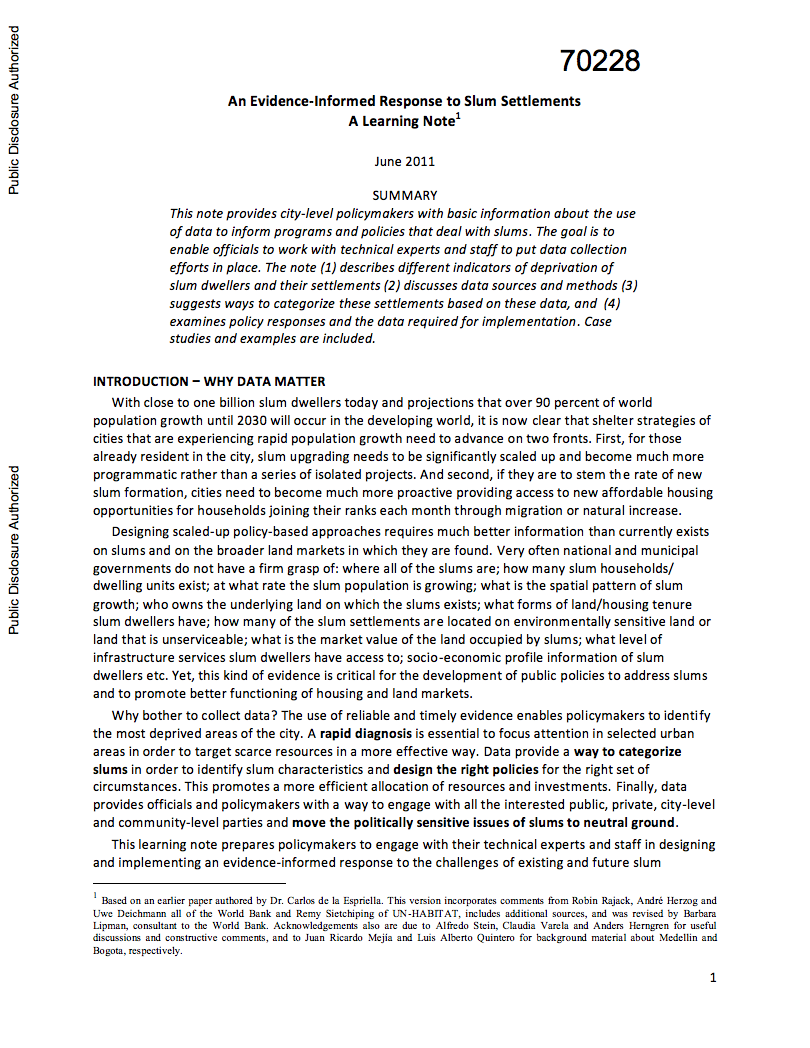Street Addressing and the Management of Cities
This book reviews the role of addressing
within the array of urban management tools and explores the
links between addressing and civic identity, urban
information systems, support to municipal services, tax
systems, land management and tenure issues, slum upgrading,
support to concessionary services, and economic development.
It outlines current and future applications, highlights
practices in many African countries, and offers a


